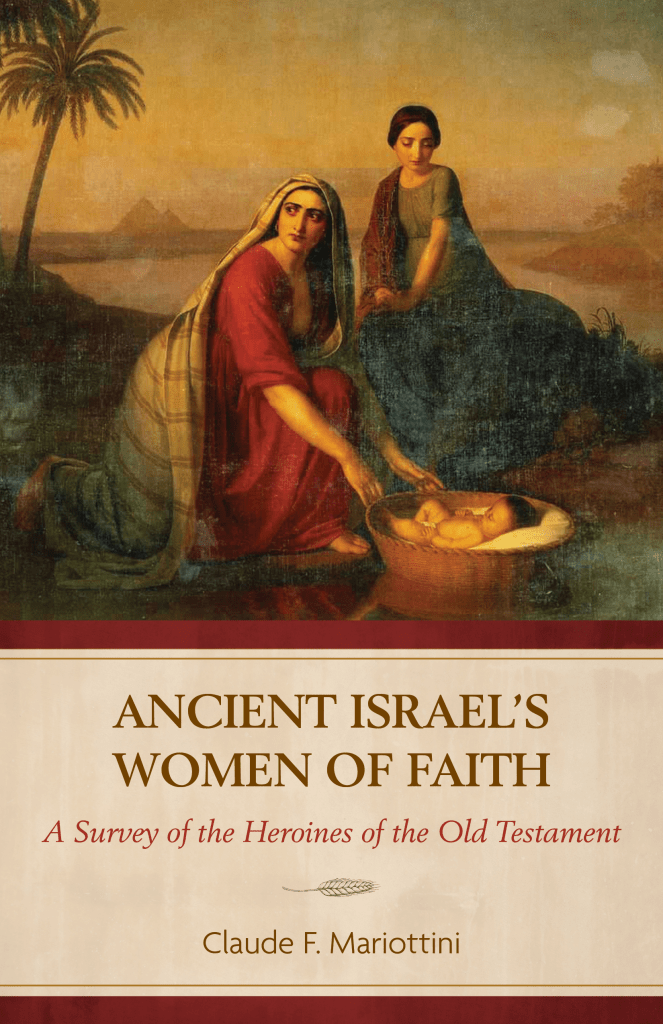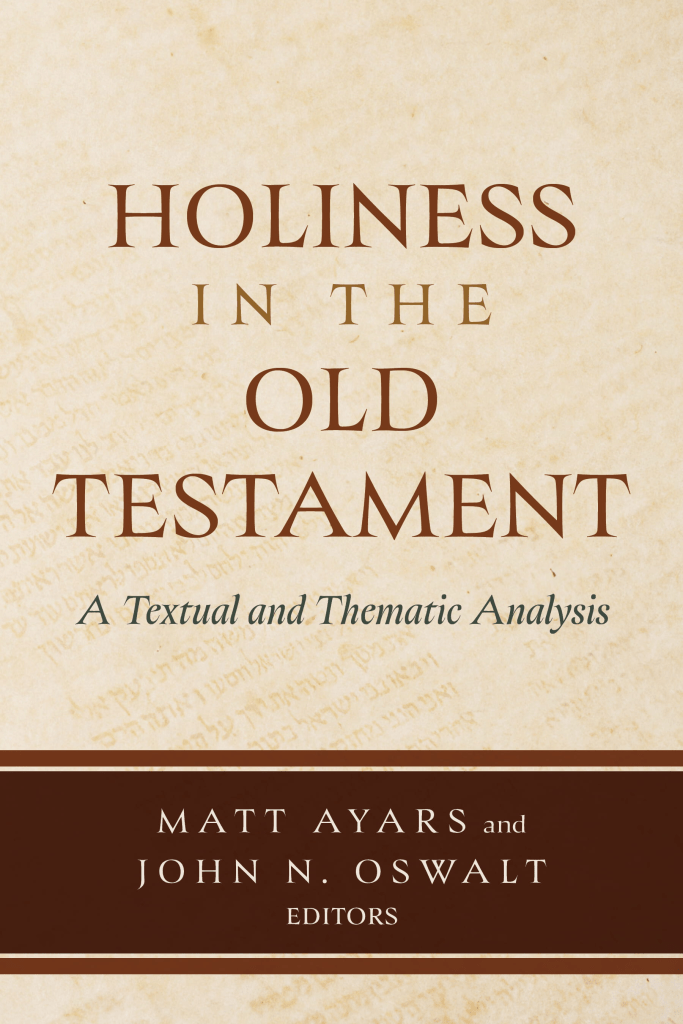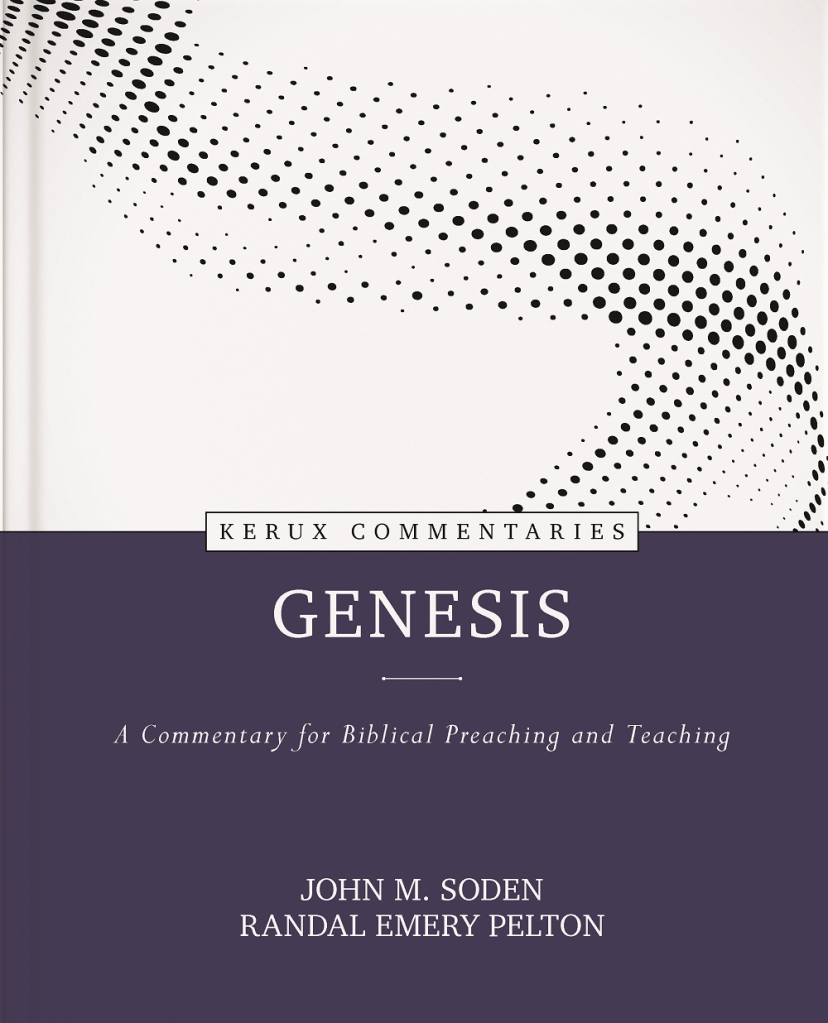What does Mormonism get right, and what does it get wrong? And what do outsiders get wrong about Mormonism?
Kyle Beshears. 40 Questions About Mormonism. 40 Questions Series. 352p., $26.99, Kregel Academic.
Many Christians struggle to form an accurate picture of the beliefs, practices, and attraction of the Church of Jesus Christ of Latter-day Saints. 40 Questions About Mormonism addresses how the Mormon faith developed, what it teaches, and how it differs from traditional Christianity.
Author Kyle Beshears draws on years of dialogue with LDS church members to ask and answer the most pertinent questions for understanding today’s Church of Jesus Christ of Latter-day Saints, covering history, sources of authority, doctrines shared with Christianity, unique doctrines, and more. Among the questions addressed, these are included:
- Is Mormonism just an American religion?
- How do Latter-day Saints view the Bible?
- What is the origin of the priesthood?
- What is the Latter-day Saint view of Jesus Christ?
- Why does Mormonism have temples?
- What are concerns Latter-day Saints have about traditional Christianity?
The historically and biblically discerning answers allow readers to better understand both traditional Christian faith and the distinctive elements of Mormonism. Readers will feel more confident forming friendships with LDS adherents, viewing them as neighbors whom God loves and witnessing to them as such. Instructor resources are available at 40questions.net.










Kerux: Joshua
Entering the Promised Land was just the beginning. . . .
Randall L. McKinion and Jason K. Lee. Joshua: A Commentary for Biblical Preaching and Teaching. Kerux Commentaries. 256p., $28.99, Kregel Academic.
Kerux Commentaries enable pastors and teachers to understand and effectively present the main message in a biblical text. Each volume uniquely combines the insights of an experienced Bible exegete (trained in interpretation) and a homiletician (trained in preaching). These two authors work together to explain the essential message for the original listeners or readers, unpack its timeless truth, and then provide a contemporary restatement and communication insights for the key biblical concept. Every book is a resource designed and written with the real needs of the pastor and teacher always in view, providing many ways to creatively express the principal thought in a biblical passage.
The book of Joshua acts as a hinge within the biblical text: it connects the promises of God to Abraham and their initial fulfillment through Moses to the stories of the judges, kings, and exilic communities. Likewise, the themes of covenant, law, land, and obedience provide a theological framework for understanding the narrative arch of the book, the larger story of Israel’s relationship with YHWH, and the coming promised seed of Abraham. Through Joshua, then, the believer is given a view into God’s faithfulness in past times and a vision for his faithfulness in the future.
Based on the Big Idea preaching model, Kerux enhances the reader’s ability to deliver a message that is biblical, cohesive, and dynamic.